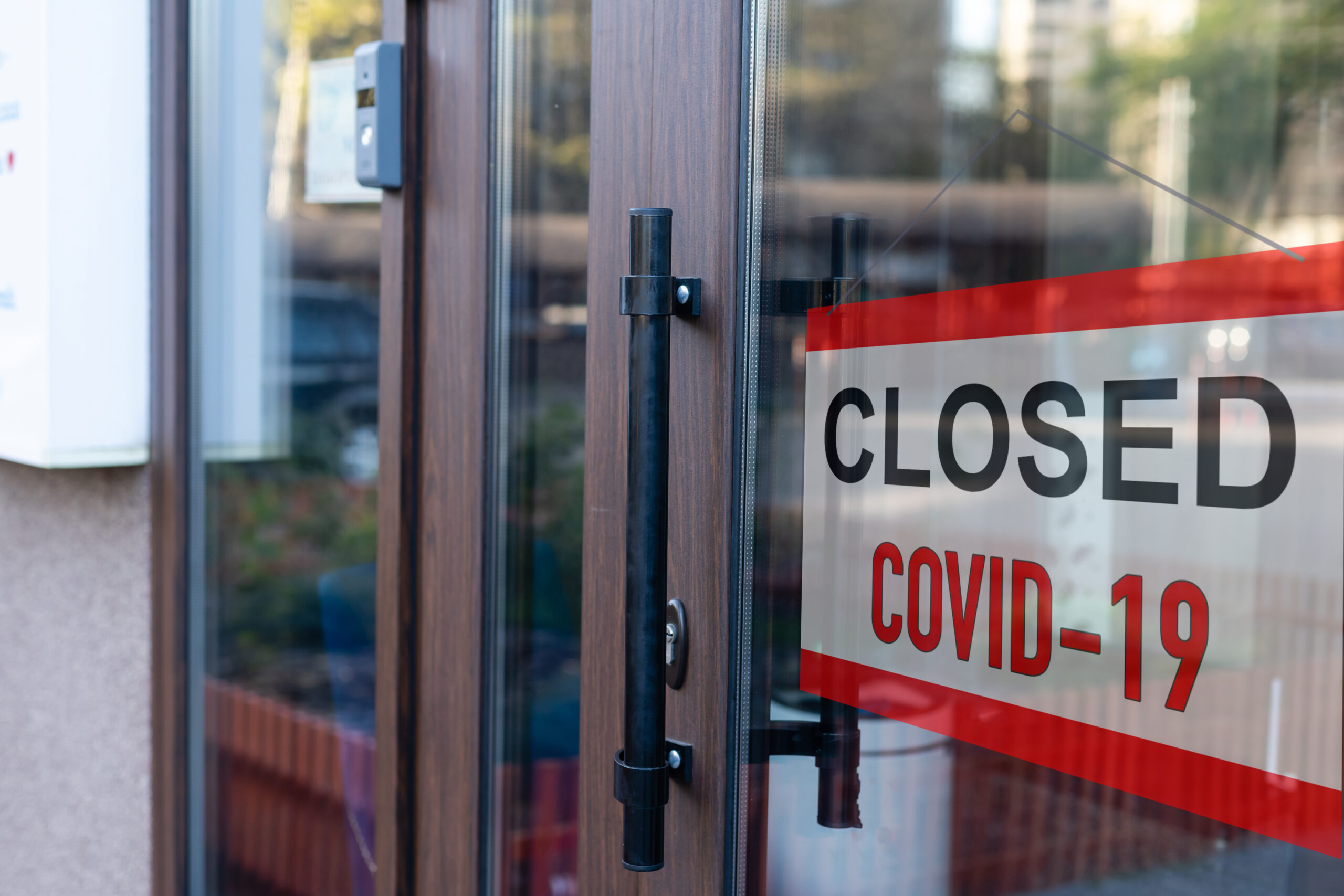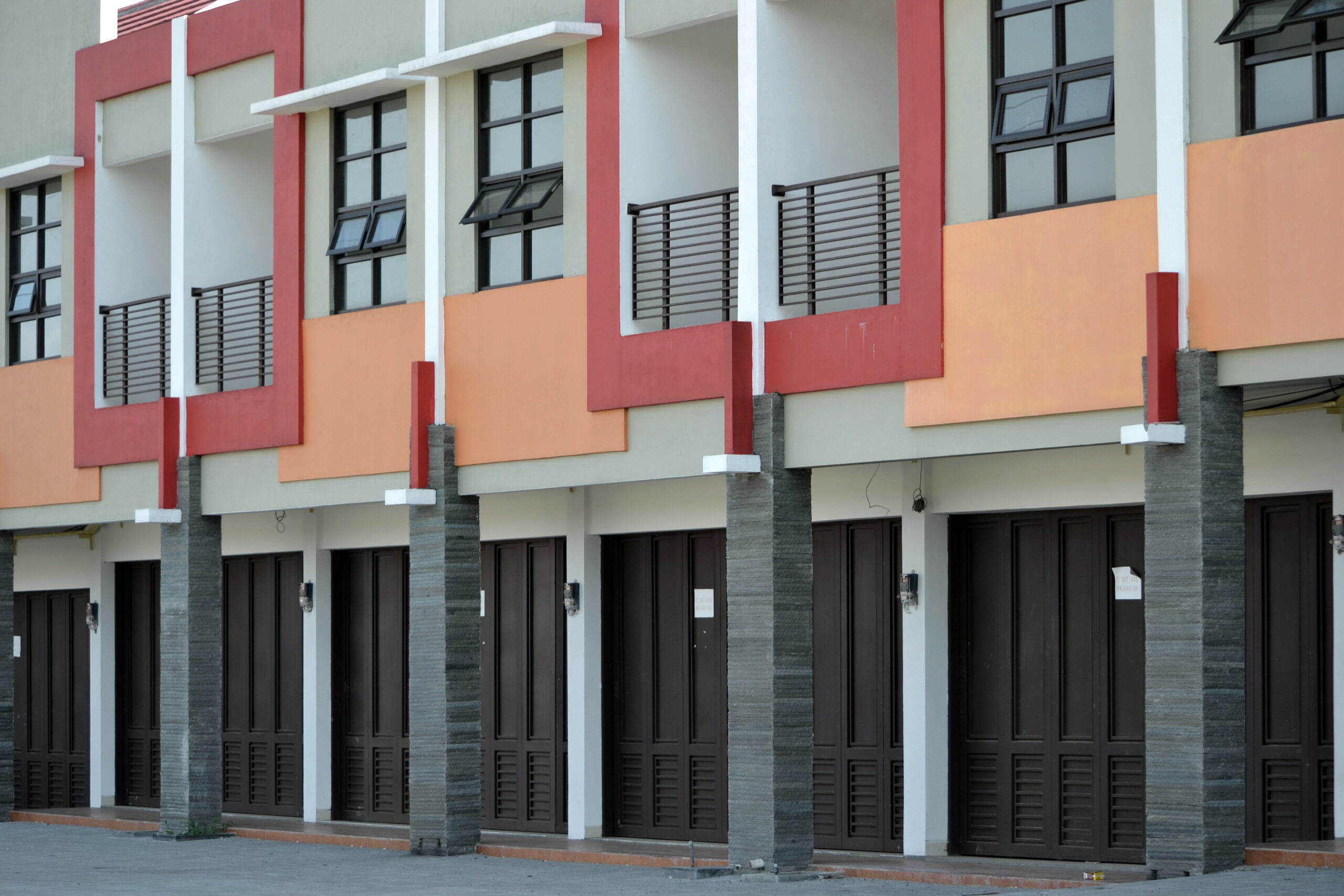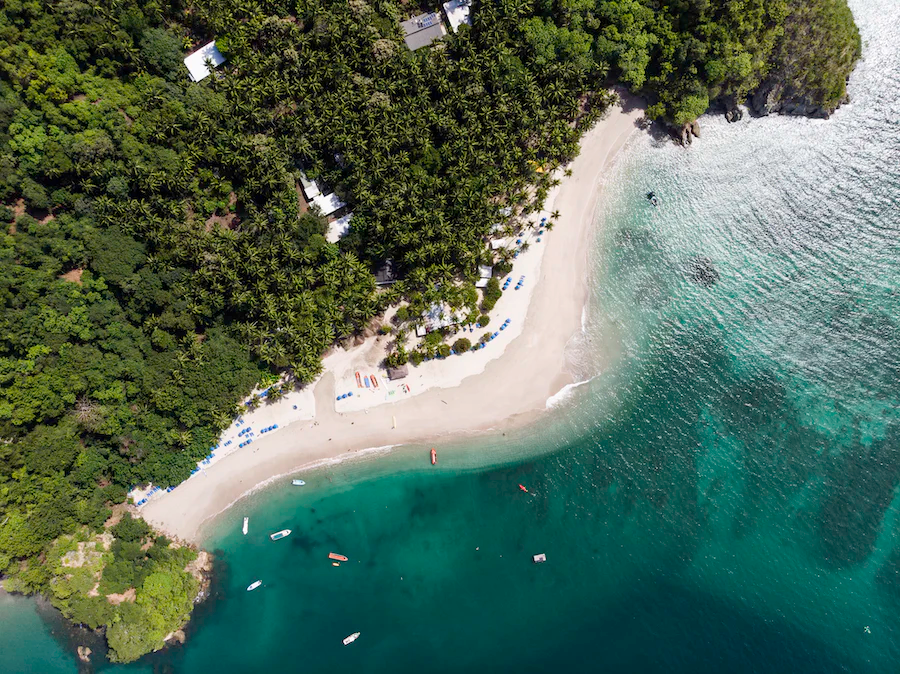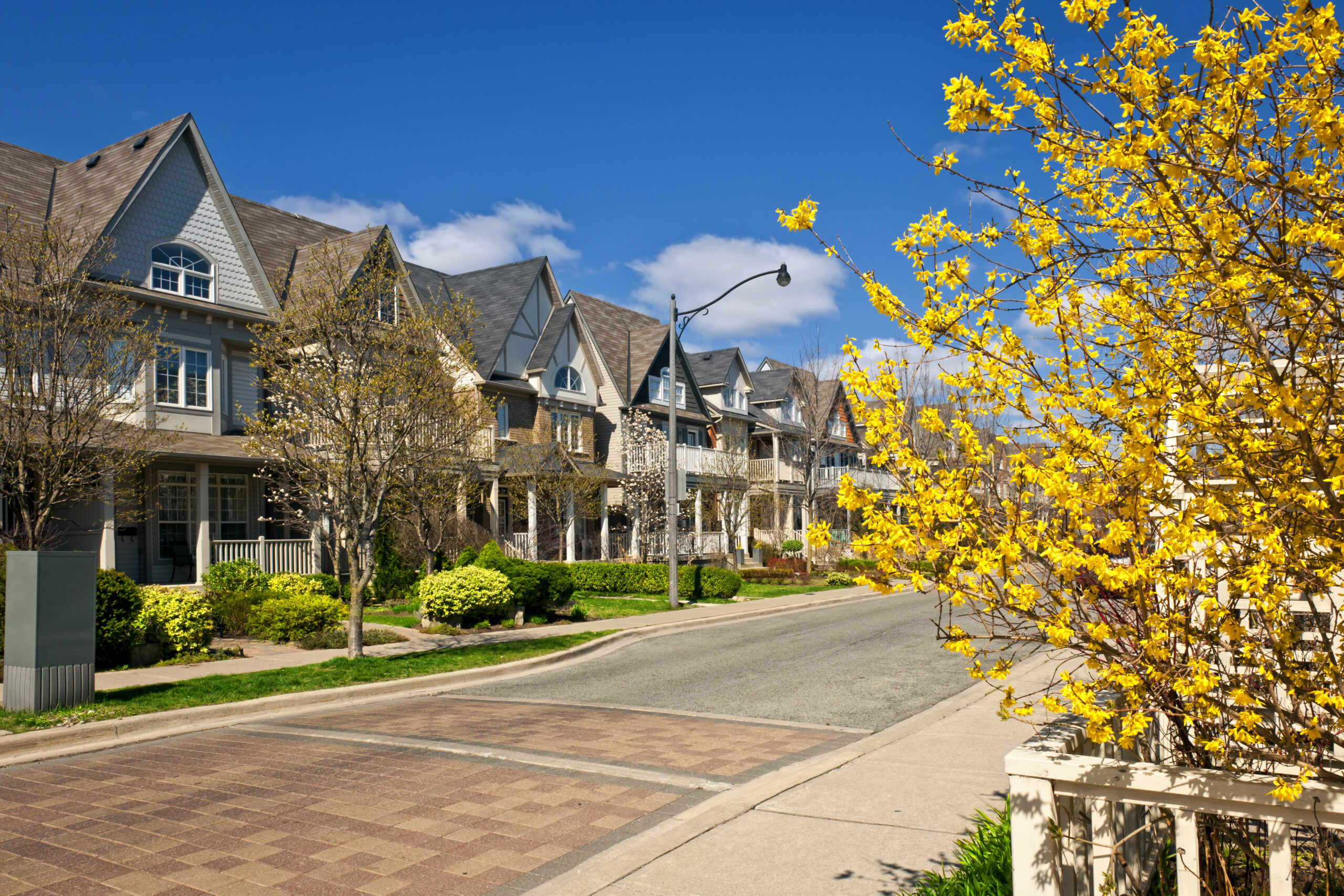In the later part of the 20th century, success was measured by one’s ability to achieve ‘the American’ dream. The American, or in our case, the Canadian dream, looked like this: Bungalow in the ‘burbs with a two-car garage- one of which was either a Cadillac or a convertible- framed by a well-manicured lawn and a white picket fence. After spending years working hard at the same company for 30-40 years, you’ve earned the right to retire as a snowbird, trading our long, cold Canadian winters for 5 or 6 months of sunshine in Ft. Lauderdale or Arizona. Life moved in stages in a very linear manner.
The Evolution of the Canadian Occupational World
If you’ll indulge me, imagine the broad milestones that impact the Canadian occupational world plotted on a sort of continuum. Our first coordinate puts us at the invention, and later proliferation, of the personal computer in the home. Then we move along to the widespread ownership of cellular telephones. After cell phones, our trajectory led us to the invention of the information superhighway.
Next on our journey, we find ourselves in the land of technology improvement: We see the evolution of high-speed internet and lighter, faster, more efficient, and portable computers. Our magical mystery tour then brings us to the innovation of the cell phone to the smartphone. This allowed communication to be all but limitless in its accessibility; anything you want to know at any time you want to know it can be acquired instantaneously with a quick type in a toolbar. We must admit that with the emergence of the voracious appetite for media another trend- the rarefication of the 9-to-5 workday- has also loomed.
The last stop of imaginary adventure then brings us to COVID-19. While there are not many positives that came out of the global pandemic, the mass populous’ realizes that very few of us actually have “somewhere jobs” the kinds of jobs that need to be performed in a specific location. To put it another way, not many of us need to be present in our office to carry out our daily work duties is one of them.
If the pictorial representation of the speed at which we live now is the image of the elongated and bright headlights of cars in a downtown cityscape at night, then the symbol for the decline of the traditional workday would be a punch card on a tombstone.

Change like Rockefeller
If this all sounds doom and gloom, it’s really not. Change is not only inevitable but also the pathway to betterment. The words of John D. Rockefeller when he said, “Don’t be afraid to give up the good to go for the great,” rings true here because the redundancy of the 9-to-5, Monday-to-Friday work week allows for employee flexibility like never before. COVID-19 pushed employers and service providers to stabilize the environment and technology required for people to telecommute or telework.
Telecommuting or telework is different than remote work. Remote work is employer-driven- an employee is asked to work elsewhere generally for safety reasons. Telecommuting or telework is an employee-driven request and is approved or denied at the leisure of the employer.
Canadians in Their Natural Habitat
The pandemic also allowed seeing colleagues in their natural habitat in a way considered by most to be taboo before gaining widespread acceptance. Sometimes in connecting with workmates we had unexpected interactions with children or furry family members. This, too, was normalized as well. We can attend a board meeting from the road, the home office, the backyard, or a rest stop (trust me, I have done it!) with the mere blurring of a background.
Before we dive headfirst into why telecommunicating from a tropical location is exquisite, which it is, there are a few caveats that CREW would like to put out there into the world. The first one is around taxation. Part of your consideration process as a Canadian citizen for telecommunicating from another country needs to be a full exploration of taxation requirements both in your host country and in the great white north. This included whether the country has a tax treaty with Canada. If a tax treaty is in effect, you will generally be able to avoid double taxation (having to pay taxes in Canada and abroad). These treaties settle conflicts between the tax laws in effect in the two countries. In this context as well, length of stay or visa requirements may have an impact and may vary from country to country so, due diligence is your best friend here.
The movement towards globalization, technological innovations, and the facilitation of working from home brought to the forefront by COVID-19 have put us right here. Where is here? It can be virtually anywhere you want globally (but again, do your research to understand the implications).
Anyone who knows me knows that I’m not a fan of cold weather, so for the purposes of this exercise, I’m going to pick a warm, sunny, and tropical location as the destination of my hypothetical telecommuting. Hypothetical boarding pass in hand one hand, laptop in the other, I’m off to Turks and Caicos.
Tapping into Turks and Caicos Expertise
To learn more about the feasibility of telecommuting for Canadians in the Turks and Caicos Islands, we reached out to J. Kelly Sullivan, Managing Director of Kokomo Botanical Resort. Sullivan himself is a Canadian with an extensive background in real estate development who found his way to TCI in the ’90s and has loved every minute of it since. Mr. Sullivan endorses the philosophy of forward-thinking Canadians to swap the blizzardy, white-knuckle commute in favour of a better option:
“Even before the dial-up internet over landlines era where it seems to take forever to see if one could connect and stay connected to the internet superhighway, I recall waking up pre-dawn, rushing to go to work, only to queue up on the South Service Road. Here, I would wait for my turn for the unramp ‘stop’ light to change to green so that I could jump onto the QEW to head into the city. Some would call that ‘quality time’, maybe so after a helter-skelter start to the day, but I considered it an utter waste of time that one actually pays to do. The cost of the car, fuel, maintenance, insurance, and parking. We know how the story goes, but we pay a massive amount of time and money just to go to work!”

While staring out the window and reflecting on the shockingly insta-winter that many Canadians got this past weekend, I can’t help noting what a truly compelling argument Mr. Kelly makes:
“Let’s to a simple but revealing time is money calculation. The conservative rate of only 1 hour each way each day, 5 days a week for 50 weeks of the year is a staggering 500 hours a year or 10 weeks of work that could be 10 weeks of telecommuting in Turks and Caicos with effective time management. Fast forward to today, one can get an instant online flight and hotel booking confirmations. Just this week a Toronto-based architect I am working with is coming down for a one-week workcation, but he could be here just the same for up to 90 days on a Visitor Visa. The round-trip cost of the WestJet flight was just under CAD $600. Ask yourself with the money saved on an annual basis how many round-trip tickets for a 3h20m direct flight from Toronto (YYZ) to Providenciales, Turks and Caicos Islands (PLS) could you buy each year? At Kokomo Botanical Resort, our private gated residential resort, our telecommuters enjoy a home away from home that includes fully equipped Caribbean Cottages that all have blazing-fast, fiber-optic internet indoors and out. We regularly get investor owners and resort guests from Canada on Workcations that trade up the quantity of time in traffic for a much better quality of time in Turks and Caicos. When not working telecommuters, in the blink of an eye, go from their mind being tapped into their work to taking a dip in the ocean. The ten hours of traffic or ten hours of beach time. It’s a no-brainer.”
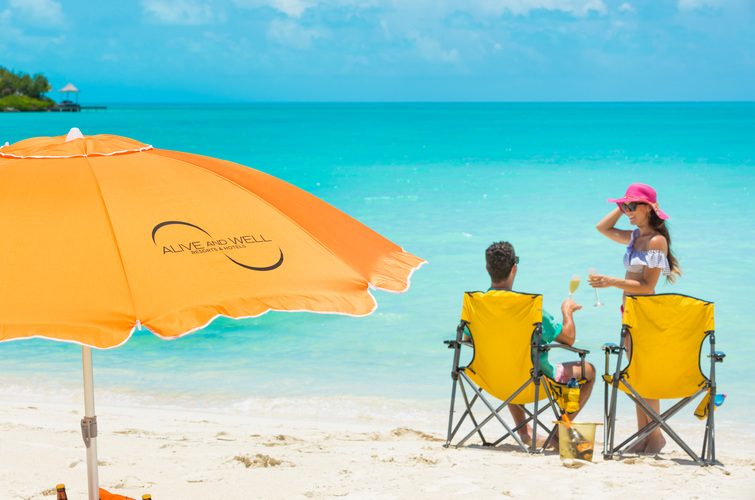
Conclusion
Certainly, a very strong argument can be made for the death of the 9-to-5, Monday-to-Friday workweek bringing about a blurring of the lines between home and the office and consequently taking its toll on the work-home life balance. We know when this equilibrium is compromised mental health issues can result. Here’s what I say to that: according to mental health experts preservation or improvement of mental health comes from self-care and boundaries. Both of which, in my mind’s eye, seem a heck of a lot easier at a resort in Turks and Caicos.
The Kokomo Botanical Resort and Spa, centrally located on Providenciales, is now offering units to investors. Kokomo features private cottages nestled in a botanical garden property. Visit their website for more information about the Kokomo Botanical Resort.
Heather McDowell is a mother and a REALTOR®. Heather has spent most of her real estate career selling residential real estate, and its leasing and has dealt with the additional complexities of the cottage, timeshare and rural properties, and condominiums. She has dabbled in new construction and is expanding her portfolio to include commercial sales and leasing. Heather is also a dedicated volunteer for both the local women’s shelter and a national hospice organization and is an emerging playwright.
Heather describes her focus as diversifying real estate content that not only addresses national matters but explores those issues unique to each province and territory.
You can contact Heather at heather@crewmedia.ca or find her on socials at:
Facebook – https://www.facebook.com/thestoreytellingcompany/
LinkedIn – www.linkedin.com/in/heather-mcdowell-98134118b
Instagram – https://www.instagram.com/hmcdowellrealty/



